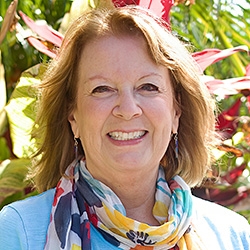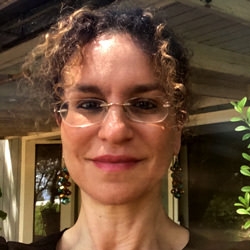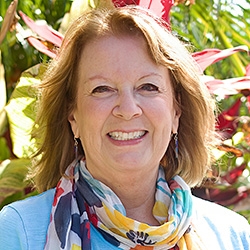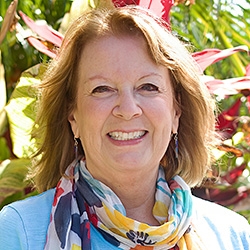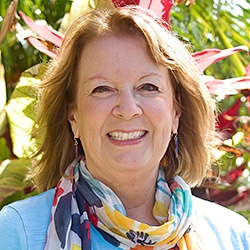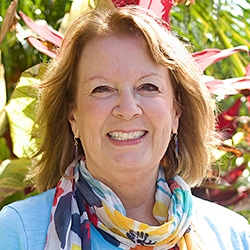

NVC Resources on Feelings
-
Trainer Tip: We all have different ways to meet our need for rest. It's important to notice when you need that time. You might know you need rest when you find yourself snapping at people on the phone, when you snap at your cat, or when you ignore your partner. Rather than behave in ways that you might regret, consider doing something that will help you meet your need for rest. Everyone in your life will benefit.
-
Total inclusion is impossible: inclusion of all can often lead to exclusion of those who can't bear the behaviors of some. Many groups flounder and disintegrate because of too much inclusion. Limited resources and capacities may make it necessary to exclude. Keeping more coherent shared values and strategies may be another reason to place membership conditions so that what appears to be exclusion may give movements a chance to expand.
-
Join Aya Caspi, a Certified NVC Trainer, as she delves into the difficult topic of parenting, childhood trauma, and social status. She discusses the generational impact of being labeled by society as "less than" or subservient. The wounds of childhood trauma can be healed so they no longer are a means of control by a dominant culture.
-
Before you make a request you can connect fully to a time when your need was met. Notice how your request feels and sounds different from this place of aliveness. Excitement about meeting a need implies confidence and trust about moving forward together. Offer an invitation to find strategies that work for both of you.
-
Mary Mackenzie shares how making requests in NVC builds honesty, trust, and deeper connection.
-
Trainer Tip: Mary expands on one of the basic principles of Nonviolent Communication: valuing everyone’s needs equally.
-
Trainer Tip: What does integrity mean to you? Each person has a different definition. For me, integrity means that I live in harmony with my values.
-
What can we do when someone tells us we're contributing to a pattern we're genuinely not seeing (nor experiencing)? What makes these patterns visible to some people but not others? This article addresses these things by talking about what to factor in when receiving feedback; handling feedback; responding relationally; paying attention to social location; considering impact; plus, broadening our perspective to bring in greater care and awareness.
-
Trainer Tip: We all see through our own filters. To disentangle what we hear from some is really saying, check using understanding requests at the level of detail you need. Course correct along the way. In a charged situation this can be critical to bringing in clarity, being heard and resolving differences amicably.
-
Trainer Tip: What is motivating your (in)actions? Are you doing something in the name of supporting deeper heartfelt needs, free of judgement or blame? Or are you bringing in consequences based on viewing the other person as having "bad behaviour"?

Quick Links
Subscription Preferences
Stay In Touch!
Looking for ways to keep up with NVC Academy news, get special offers, free resources, or words of inspiration? Here are five ways to stay engaged:

